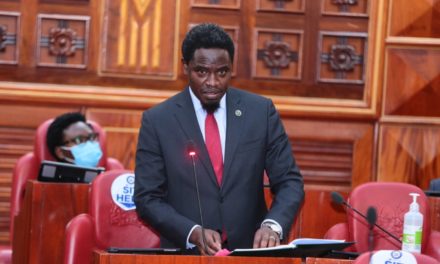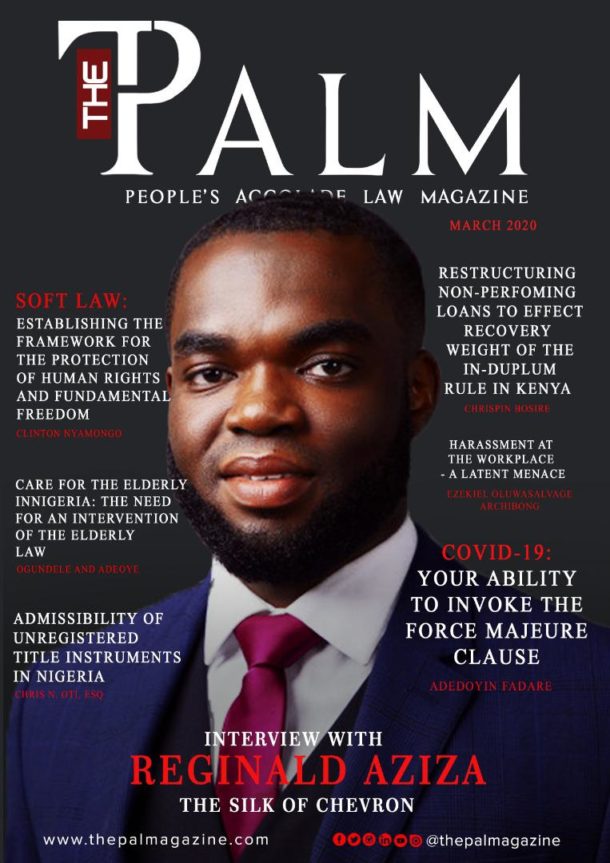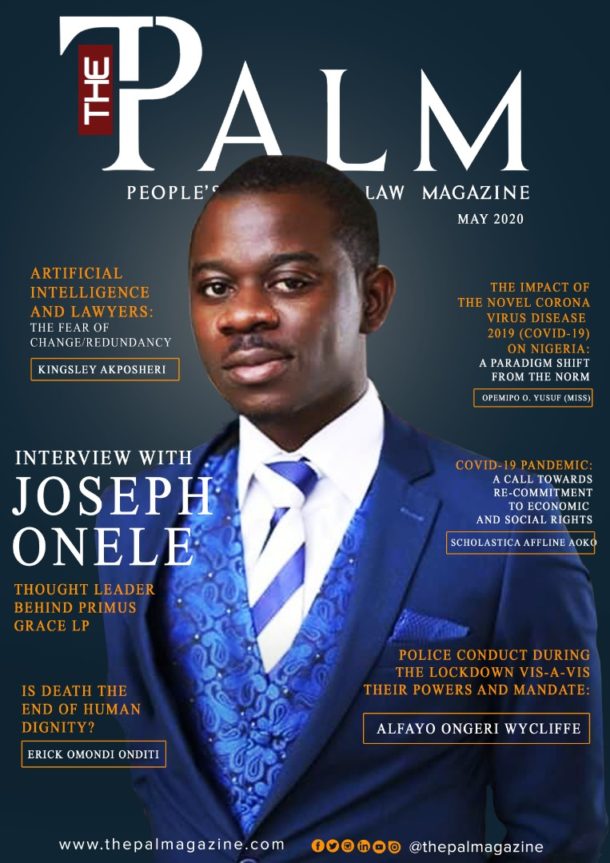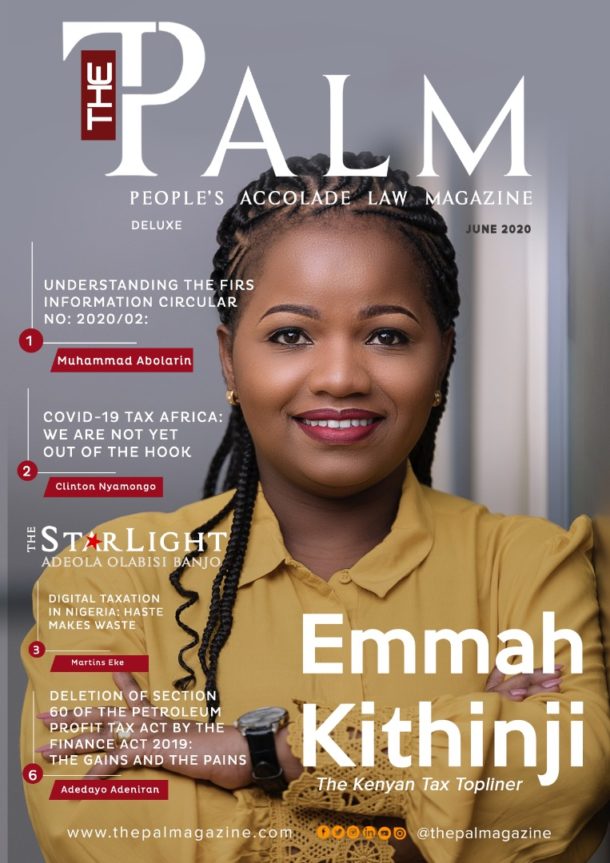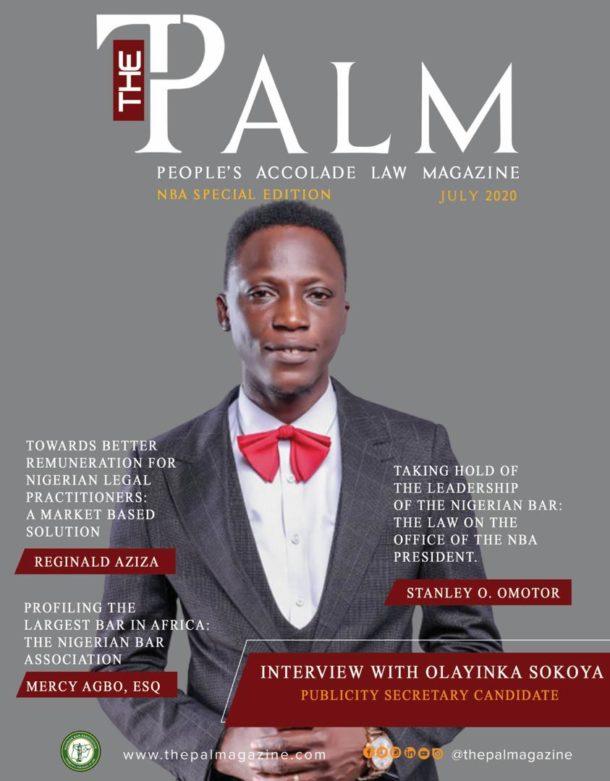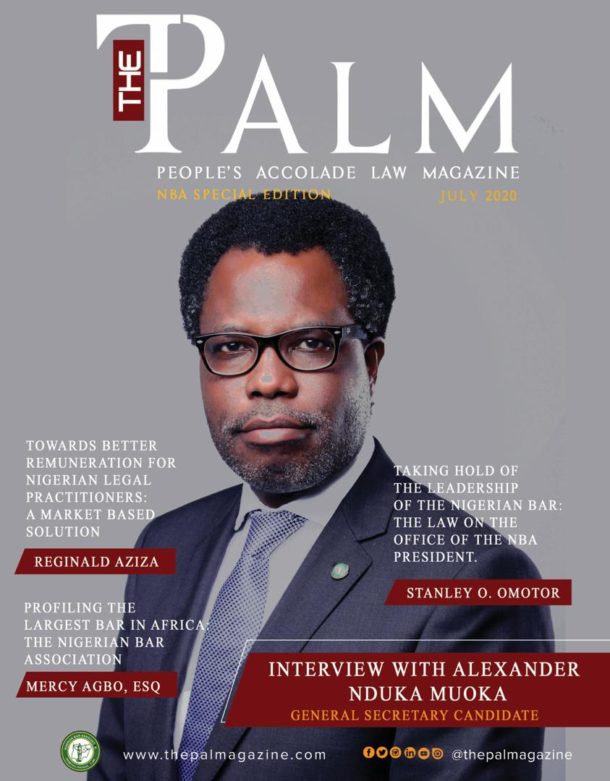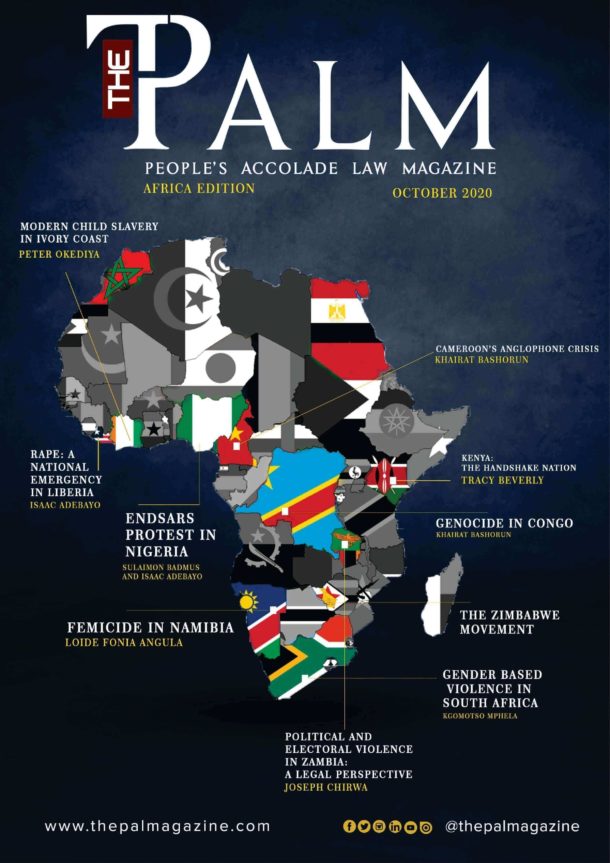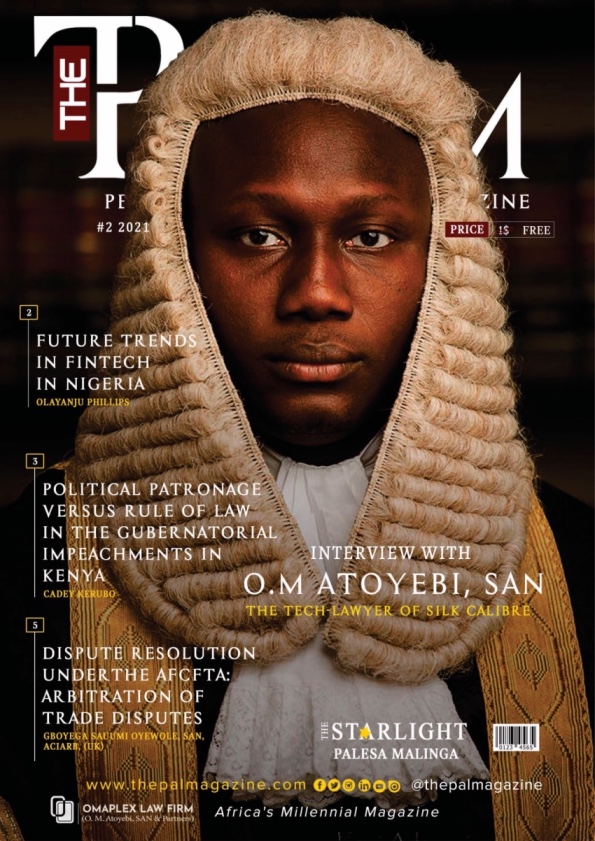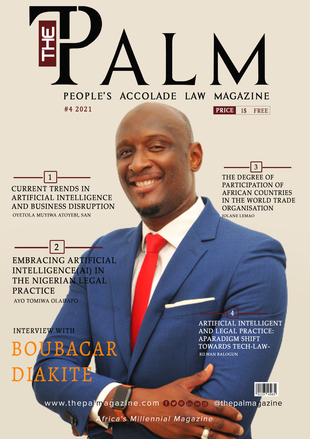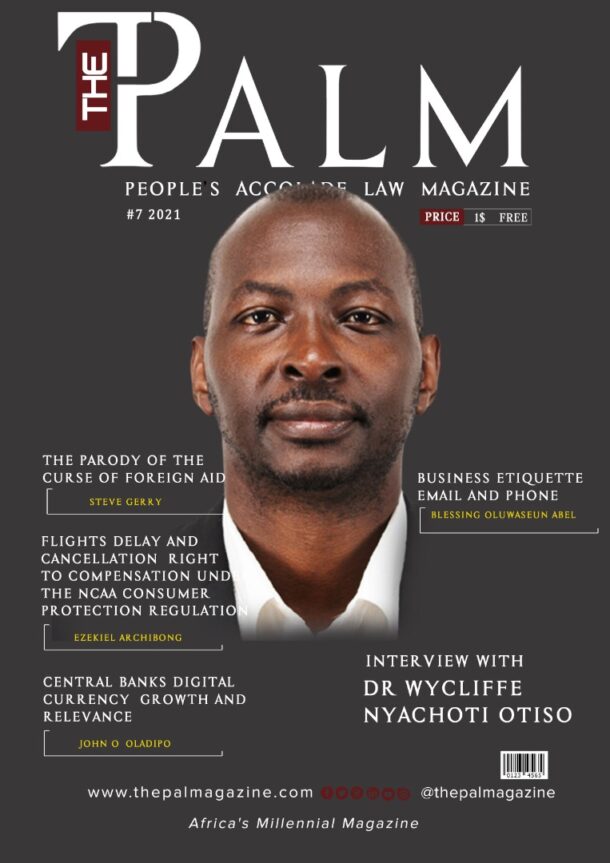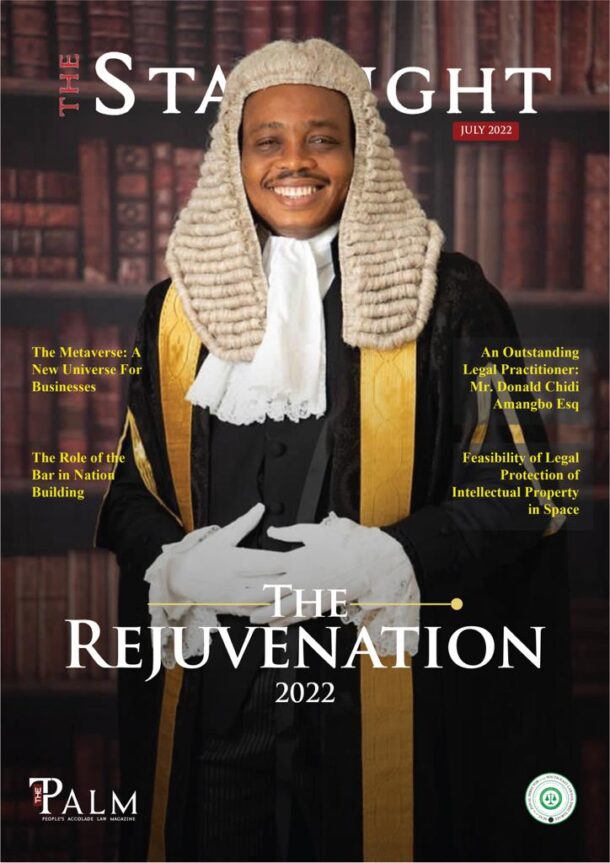Death is a reality of life. It scares to know that each one of us will one day surely die. Muslims and Christians alike; believe that subsequent to their deaths, at the end time, they shall be raised from the dead. When people die, their remains are usually buried or cremated; and once buried, they are believed to be having a peaceful rest. Communities all over Africa agree to one belief that, this peaceful respite shouldn’t be disturbed.
However, there are circumstances when there is need to remove the remains from their burial points for several reasons including moving to a new grave site, deepening the existing grave, criminal investigations or for other cultural or religious reasons. In Kenya, bodies have reportedly been disinterred for weird reasons including non- payment of dowry and even for the purposes of Paternity tests and other family wrangles. Recently in Kenya, there have been reports on the exhumation of bodies due to relocations on Compulsory acquisition and government projects.
In the United Kingdom just as is in some European countries, one needs an exhumation license for this exercise; the issue of which an applicant must provide authority by signature of the deceased’s close relatives together with a written authority from the owner of the Grave-plot. In Scotland however, for one to exhume, they need to provide a Warrant to disinter. During exhumation, most jurisdictions require the presence of a pathologist and the equivalent of a Cemetery Superior and perhaps a religious minister.
The Kenyan Penal Code criminalizes conduct that orchestrates indignity to any human corpse, disturbs the peace at the cemetery or during burial. Section 137 thereof further makes it an offence to hinder the burial, unlawfully disinterring or harming a dead body or failing to facilitate a burial if one is under a duty to do so. Offenders have been prosecuted and convicted under this section, with some being fined, imprisoned while others settled out of court.
The arena of exhumation in Kenya and several African countries remain unregulated. In Kenya, the practice is often that whenever one is desirous of disinterring a human body, they are required to seek a Court order. The state agencies are however exempt from this practice through statute. Sections 387 and 388 of the Criminal Procedure Code of Kenya provide for state authority through the Director of Public Prosecution or the Court can cause an inquiry to be done to unearth the cause of a sudden death; known as an inquest, in which event, they may order exhumation of the interred remains.
Section 44 of the National Coroners Service Act of 2017 allows the Coroner General to apply to court for an exhumation warrant for purposes of conducting an autopsy. In doing this, the Coroner is required give a 2 days’ notice to the Cemetery Superior and any other person he may deem necessary to. When an order for exhumation is granted by court, it should be conducted professionally and with care and attention and the agencies conducting it should preserve the soil samples. Sections 146, 147, 148 and 149 of the Public Health Act also provides for exhumation and gives the Minister for Health the power to issue permits for exhumation or order exhumation for purposes of public works, provided a 6 months’ notice is given.
In the case of Republic V Kamlesh Mansuklal Damji Pattni[2005] eKLR the Judge faulted the manner the exhumation was conducted using crude weapons and by unqualified personnel who were clumsy. The murder charges against Mr Pattni were thereby quashed.
In the case of Apeli v Buluku[1980] eKLR, the court of Appeal concurred with the decision allowing a widow to disinter her husband’s remains which had been buried at its home, for burial at their Matrimonial home in line with the Luhya customs. However in recent times, the Kenyan courts have exercised judicial restraint in ordering for exhumation; in the case of George Kariuki Njoroge (also known as George Kariuki Ntimama v Dorcas Pedelai Ntimama (sued as next of kin of the late William Ole Ntimama & another [2019] eKLR the Judge declined to grant the application seeking exhumation of the deceased’s remains for purposes of conducting a paternity test with the applicant.
The Judge relied on several cases including the English case of Re Matheson (deceased) (1958) 1 All ER 202 and the Kenyan case of Hellen Chrono Kimurgor vs. Esther Jelagat Kosgei (2008) eKLR all of which it was held that it was the dead’s wish not to have their remains interfered with, and should remain quiet and undisturbed. The court nonetheless acknowledged that in special, unique and compelling circumstances, it would not hesitate to ‘disturb the dead- quiet’.
The question is, in the event of death, would we want our, or the remains of our loved ones be interfered with through exhumation for whatever reason?



